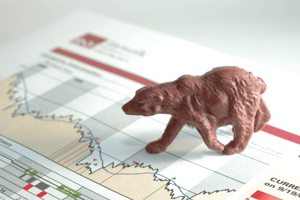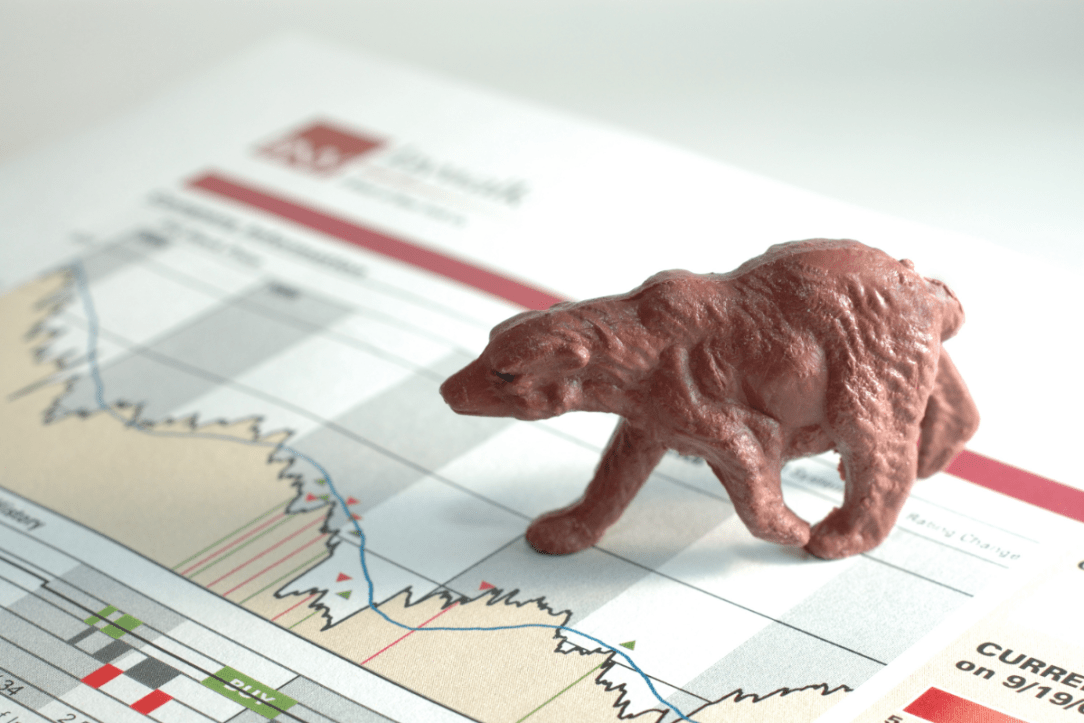Whether you live in Texas or Puerto Rico, this essay contains a great deal of useful information. If you recently left Rockwell and began investing, you may find some strange terminology. In light of this, we have prepared a glossary to assist Rockwell employees and retirees in becoming more confident investors.
Portfolio
A portfolio of investments is a collection of assets owned by an individual or entity. A portfolio often consists of a variety of asset classes, such as stocks, bonds, and cash. This will normally include your Rockwell pension, 401(k), lump sum, and annuity payouts in addition to any other assets following retirement. The asset allocation of a portfolio is typically determined by the risk aversion, time horizon, and investment objectives of the investor.
Stock
A stock is a financial instrument that reflects ownership (or equity) in a company. After a certain number of years of service, the majority of Rockwell workers receive shares as part of their benefits package. An investor who acquires stock holds a claim to a portion of the company's assets and earnings. Shareholders are vulnerable to the possible rewards and dangers of their position, which means they can earn money if the firm is successful or lose money if it fails.
Note: Observe that the return and principle value of stocks fluctuate with market conditions. When sold, shares may be worth more or less than their initial price.
Bond
A bond is a fixed-income security issued by a government organization or corporation to raise funds for ongoing operations or new project finance. When investors purchase bonds, they essentially become creditors of the issuing entity. Typically, bondholders receive interest payments at predetermined times. These payments are dependent on the coupon rate, which is a fixed annual interest rate. These interest rates can also effect the lump sum and annuity you have with Rockwell. Bondholders can anticipate receiving the full face value of the bond at its stated maturity date, barring issuer default.
Note: Bonds' principal value may fluctuate based on market conditions. Prematurely redeemed bonds may be worth more or less than their initial value.
Cash
Cash is an additional sort of investment or asset class. It consists of currency and cash alternatives with minimal risk and great liquidity.
Typical alternatives to cash include savings accounts, certificates of deposit (CDs), and U.S. Treasury bills.
Note: The FDIC guarantees certificates of deposit (CDs) and bank savings accounts, which typically offer a set rate of return, up to $250,000 per depositor per insured institution.
Note: U.S. Treasury securities are guaranteed by the full confidence and credit of the U.S. government in terms of punctual principal and interest payments.
Mutual Fund
A mutual fund is a collection of stocks, bonds, and/or other securities purchased and managed by an investment business with the contributions of multiple individuals. The net asset value (NAV) of the underlying securities determines the price at which shares are purchased from and sold back to the investment company at the end of each trading day. Mutual funds offer diversity and competent management to Rockwell's investors. Diversification is a technique used to mitigate investment risk; it does not guarantee a profit or prevent investment loss. Knowing the level of diversity is essential for ensuring that your Rockwell retirement is as worry-free as feasible.
Featured Video
Articles you may find interesting:
- 8 Tenets of Choosing a Mutual Fund
- Use of Escrow Accounts: Divorce
- Section 303 Stock Redemption Buy-Sell Agreement
- Medicare Open Enrollment Is Here: How Are Costs Changing for 2023?
- 2022 High Net Worth Tax Planning
- Policy Roadmap
- Section 179 Deductions
- Learn About the Path to Retirement
- Contemplating Change: 7 Key Factors When Considering a Transition from Your Company
- How Are Workers Impacted by Inflation & Rising Interest Rates?
- Lump-Sum vs Annuity and Rising Interest Rates
- Advice for Retirees Trying to Survive a Bear Market
- 5 Most Important Things to do Before Leaving Your Company
- Internal Revenue Code Section 409A (Governing Nonqualified Deferred Compensation Plans)
- 8 Tenets of Choosing a Mutual Fund
- Use of Escrow Accounts: Divorce
- Section 303 Stock Redemption Buy-Sell Agreement
- Medicare Open Enrollment Is Here: How Are Costs Changing for 2023?
- 2022 High Net Worth Tax Planning
- Policy Roadmap
- Section 179 Deductions
- Learn About the Path to Retirement
- Contemplating Change: 7 Key Factors When Considering a Transition from Your Company
- How Are Workers Impacted by Inflation & Rising Interest Rates?
- Lump-Sum vs Annuity and Rising Interest Rates
- Advice for Retirees Trying to Survive a Bear Market
- 5 Most Important Things to do Before Leaving Your Company
- Internal Revenue Code Section 409A (Governing Nonqualified Deferred Compensation Plans)
Exchange-Traded Fund
A portfolio of assets compiled by an investing business is also an exchange-traded fund (ETF). In contrast to mutual funds, however, ETF shares can be exchanged throughout the day on stock exchanges, just like individual stocks, and the price may be greater or lower than the NAV according to supply and demand. ETFs normally have lower expense ratios than mutual funds, but you must pay a brokerage charge to purchase or sell ETFs, so your overall costs may be greater, particularly if you trade frequently.
Note: Return and principal value of mutual funds and ETFs fluctuate in response to changes in market circumstances. When sold, shares may be worth more or less than their initial price. Before investing, carefully study the prospectus for the fund's investment goals, risks, fees, and expenses. Before investing, thoroughly peruse the document.
Dividends
Dividends are distributions of a company's profits to its shareholders, typically paid quarterly in cash or extra shares of the company's stock. The dividend per share is determined by the board of directors of the corporation. Shareholders must record dividends as income in the year they are received. Understanding the intricacies of taxes is an often-overlooked aspect of dealing with Rockwell dividends purchased with lump sum payouts. Investors frequently consider dividend payments as a sign of a company's financial health and future prospects.
Note: A dividend investment is a long-term commitment. In exchange for less volatility and more predictable returns, investors must be prepared for periods in which dividend payers weigh on a stock portfolio, rather than bolster it. Profits, which are influenced by economic, market, and political developments, can affect the dividend payout of a corporation. Generally, dividends are not guaranteed and may be altered or withdrawn.
Yield
The yield is typically the amount of current income generated by an investment. The yield of a stock is determined by dividing the total annual dividends by the current price. Bond yields are determined by dividing the yearly interest rate by the current price. The yield differs from the return, which comprises price appreciation and depreciation. Investments with a higher yield target also carry a greater degree of risk.
Index
An index is a statistical composite used to monitor the evolution of economic circumstances (like inflation) or financial markets over time.
Some indexes serve as benchmarks against which the performance of particular investments can be evaluated. The S&P 500 Index, for example, is believed to be reflective of the U.S. stock market as a whole, although there are hundreds of different indexes based on a wide range of asset classes (stocks/bonds), market segments (large/small cap), and strategies (growth/value).
Note: The performance of an unmanaged index is not indicative of the performance of a particular investment. People cannot invest in an index directly. The past is not indicative of future performance. The actual outcomes will vary.
Bear/Bull Market
Generally speaking, a bear market is a time in which the prices of assets decrease, resulting in a decline of 20% or more in multiple broad market indexes over a period of several months or more. A bull market is a protracted period of rising prices and investor optimism, typically lasting many months or years. Each of these market developments has the potential to affect the attitudes and actions of investors.
/General/General%201.png?width=1280&height=853&name=General%201.png)



-2.png?width=300&height=200&name=office-builing-main-lobby%20(52)-2.png)












-2.png)









